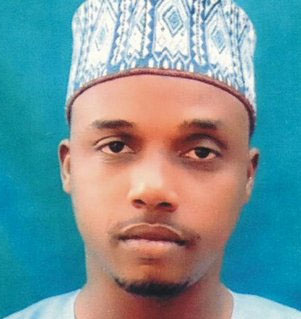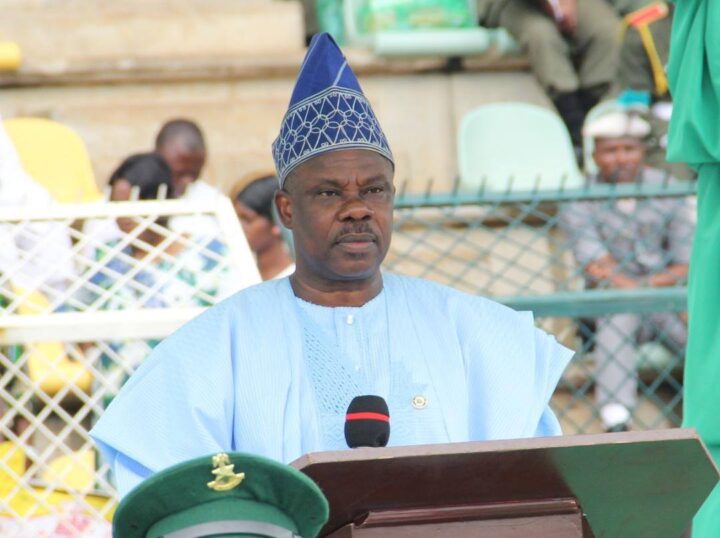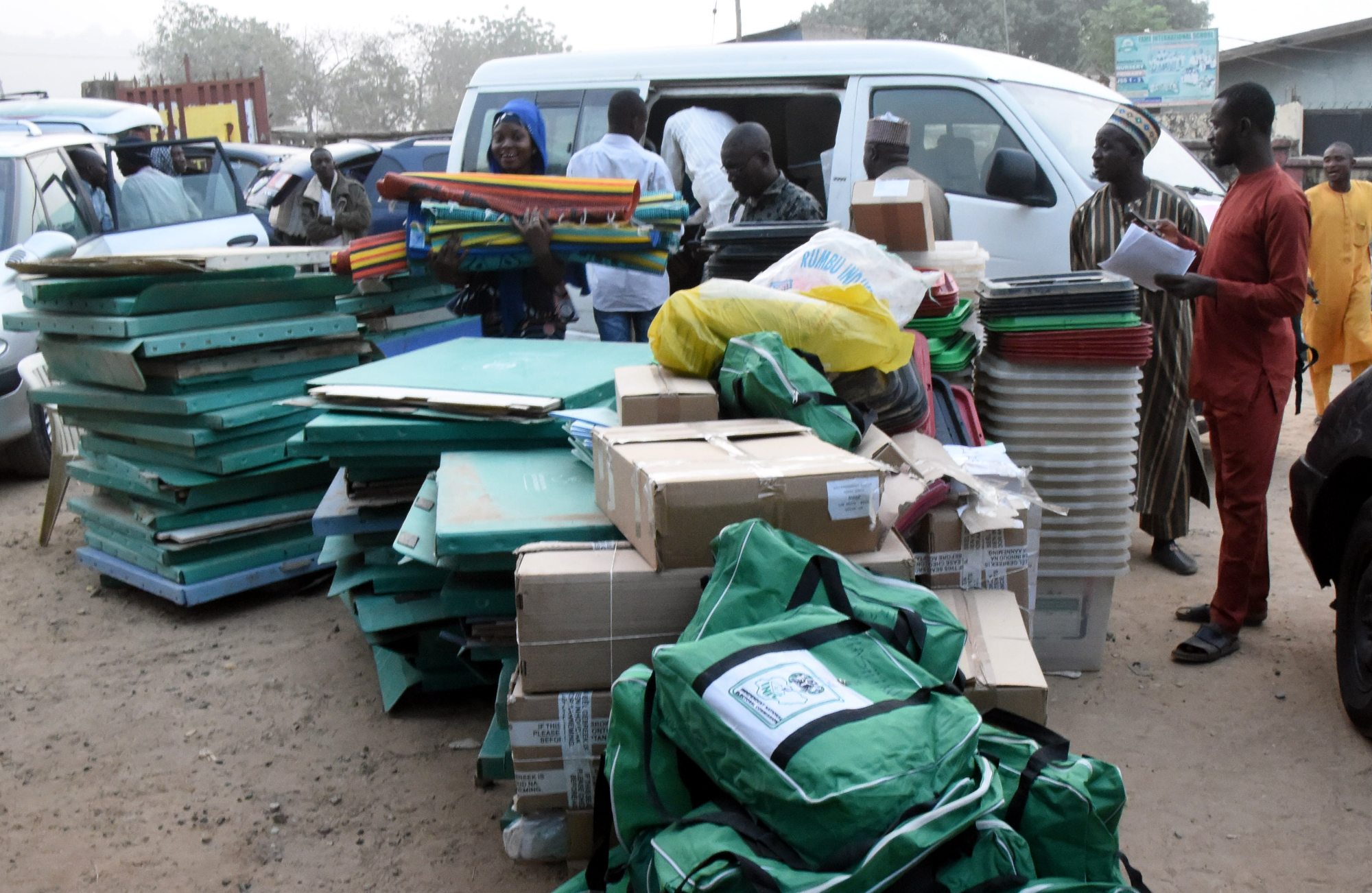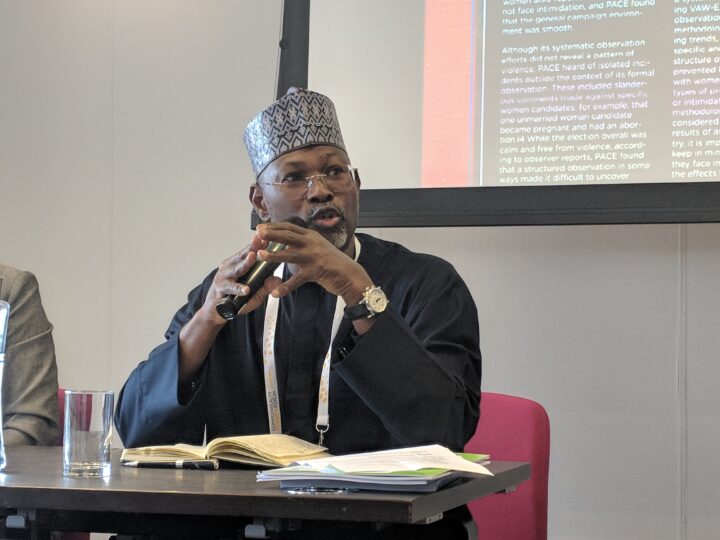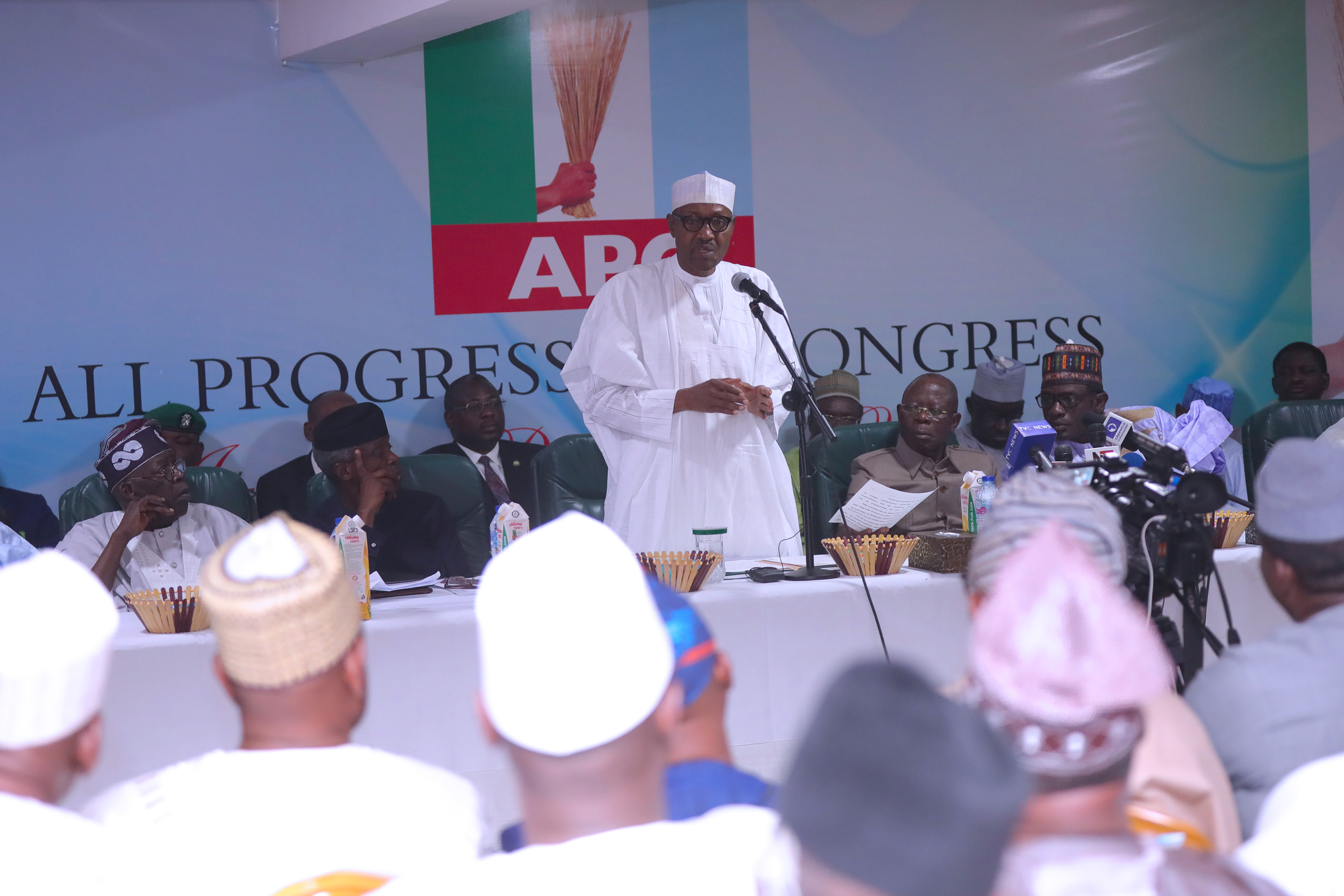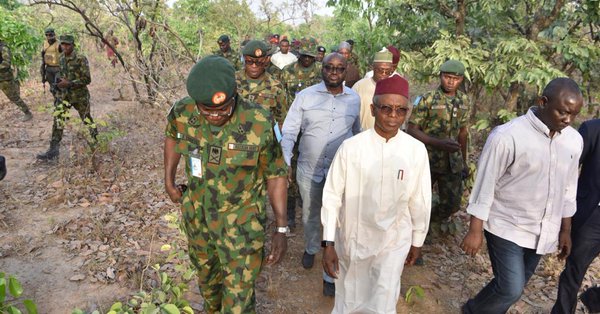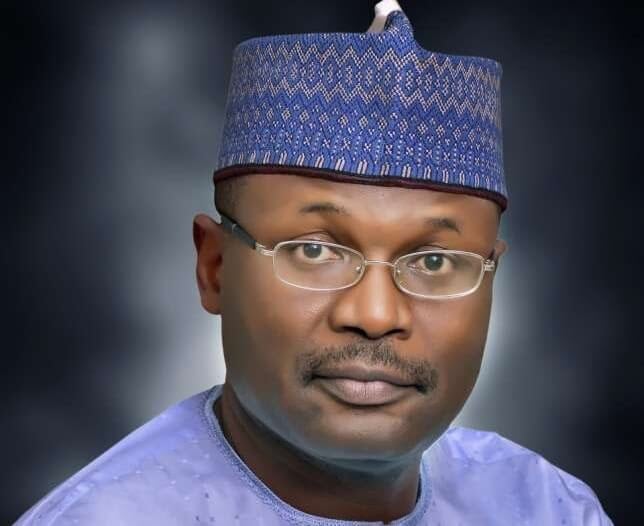The first person that came to my mind when I was given three lengthy ballot papers to vote in the 2015 Presidential and National Assembly Elections, was the typical uneducated Nigerian voter. While I cast the votes, I had many thoughts; how will the average unsophisticated voter sort out and know the difference between each ballot and what time will it take each voter to locate the party he wants and vote for it without spoiling the ballot? How can we guarantee the credibility and integrity of an election largely decided by the bandwagon effect? Why will INEC ignore the nature of the Nigerian voters and combine many elections together just because it apparently wants to save cost?
True to my thoughts, when the results for that polling unit was made available later in the day, close to 10% of the votes were invalid. Apart from APC and PDP, the two leading contenders, no party was able to secure more than five votes out of a possible 1000 in that polling unit.
Sometimes, you sit down and wonder why we deliberately do certain things that are neither useful nor necessary? Why do we need to add to our logistical burden by having close to 100 useless parties that are not serving any purpose? Will Nigerians still not have abundant reasonable options in five to ten parties? How has the political system improved with the continuous registration of these briefcase parties? Now, imagine the printing, organizational and other logistical costs that INEC will significantly cut if it were dealing with only seven parties? Apart from cost, the time and energy that will be saved is too huge to be ignored. Imagine how less confused will the voters be and the few post-election litigations that will be involved.
This makes it imminent for all stakeholders in the executive and the legislature to make sure the Electoral Act and Constitution are amended to accommodate only a manageable size of performing political parties. While winning elections is not the only function of political parties across the world, in Nigeria it seems to be the determining factor not only for recognition but for meaningful existence. With the general lack of ideological basis in the Nigerian Political Party System, only winning elections can be used to determine the strength of the political parties. For instance, the APC may be ruling Imo and Borno State, but almost nothing in terms of policies will show that the two states are being governed by the same party.
Advertisement
When Professor Attahiru Jega’s tenure expired as INEC Chairman in June 2015, it took President Buhari up to late October to appoint his substantive replacement; many National Commissioners and State Resident Electoral Commissioners were appointed several months after the tenure of their predecessors expired. Some states were without RECs for more than a year. These things may look inconsequential over four years, but the truth is they are the kind of issues that accumulate to mar painstaking preparations of several months.
Many Nigerians never expected the 2019 General Elections to take place without an amended, comprehensive and reforming Electoral Act in place. Unfortunately, the bad politics between the presidency and the National Assembly had greatly ensured that we are deprived of one. How does it feel to go into an election under an act that doesn’t even properly recognize the card reader which is currently the most important electoral instrument? How about operating under a system that doesn’t even have decisive punishment for election riggers?
We are all witnesses to how the 2019 Election Budget presentation and consideration was deeply politicised. We clearly saw how selfish interest superseded national interest in broad day light. We all saw how INEC got its funding very late because some people who love themselves more than their country also double as our leaders. Given circumstances like these, we must start thinking of a more reliable funding mechanism for the commission in the future. Let us not even talk of the lingering judicial battle over election sequence between the Presidency and INEC and the National Assembly on the other. In general, politicians have not been helping matters for INEC. The Zamfara and Rivers State APC cases are clear testimonies to this.
Advertisement
This is not to absolve INEC of all blames. However, it is to acknowledge the fact that the dilemma the commission found itself was caused by so many other stakeholders whether directly or indirectly. One of the shortcomings of INEC is that it has for long retained staff that are largely corrupt, dormant and incompetent. That election is a four year exercise doesn’t mean staff should abandon their duty posts for months until when the election is near. This has contributed in largely making INEC full time staff at some levels being little or no different from the Ad-hoc staff in terms of performance and readiness for the job. With such kind of staff, many of INEC’s problems are from within.
Historically, to be fair to INEC, the first time it really had the independence to prepare and conduct an election was in 2011. Not much can be said of 1999 when it was under the direct supervision of the military, but it is clear to all of us that in 2003 and 2007, results were apparently written even before the elections. During those days, INEC need not to care about any preparation or lack of it, nor of the consequences that comes with. Those elections had a predetermined outcome. Abel Guobadia and Maurice Iwu’s INEC apparently didn’t care of any credibility or legitimacy issue that will arise from the elections they conduct.
If we observe, any election post 2007, have seen INEC becoming gradually more independent and hence its preparations mattered. All the postponements and inconclusiveness of elections conducted in recent years are perhaps a testimony that the commission can now take decisions with little or no interference and that it is willing to do things right. In 2011, when we began to get a semblance of an election, the commission had to postpone the exercise after polling had begun. Therefore, as painful and costly as these postponements are, they represent some progress on the part of INEC. The only problem is when it keeps repeating them.
It is surprising that this government under President Buhari, who was a serial victim of Electoral fraud have done close to nothing towards electoral reform. One of the key attributes of periodic exercises is improvement upon past experiences until a certain level of perfection is attained. It is sad that the current INEC doesn’t represent a better one than 2015, even if it is not worse.
Advertisement
Already, this election is expected to witness a huge voter apathy even before the postponement and with the postponement, it can only get worse. How Nigerians are gradually getting disinterested in the voting and political process is a subject of discussion for another day. However, before we set to comprehensively address all these issues by 2023 General Elections, there are some issues the recent last minute election postponement by Yakubu’s INEC had raised that need to be urgently addressed.
Henceforth, INEC must consider postponement as the very last resort. Depending on the law, if conducting the elections can hold over three voting days in certain areas to take care of unforeseen problems, so be it. All ad-hoc staff should be recruited and trained at least two weeks before the election and then the postings may be delayed to avoid compromise. The commission can conduct a final review of its preparedness at least a week before the election and come out with a solid decision that will not change except in the case of a serious emergency beyond its control and not logistics.
With people risking their lives by travelling long distances to vote, INEC must consider making the PVC flexible enough to allow people vote anywhere they are at least in the presidential elections. It must also look at the possibility of allowing voting by postage from any location around the country and make arrangement for transparency in handling posted votes. With the amount of money INEC is gulping, it has no excuse in failing to do things as simple as this.
INEC can look into the possibility of taking advantage of technology to make room for online voting. A secured platform can be set up which a voter can log in, enter his PVC details and vote the candidates of his or her choice and find a way of making the process effective, transparent and reliable. We are in the 21st century; we cannot afford to be wasting lives and resources just because of a voting process whose outcome doesn’t even guarantee the safety and quality of those lives.
Advertisement
Twitter: @AmirAbdulazeez
Advertisement
Views expressed by contributors are strictly personal and not of TheCable.
Add a comment
